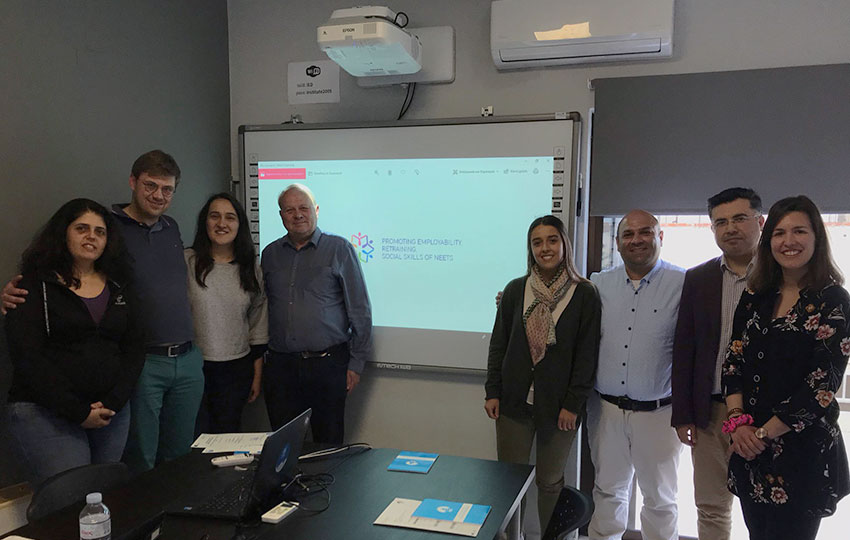Young individuals play a crucial role in building a sound economic environment for future generations. They have the potential to enhance the economic capacity and cause a positive economic impact on society. As a major determinant of human capital, education is one of the main factors for economic growth. It is obvious that with higher education, human capital endowment increases and, in turn, there occurs a boom at labor productivity.
The employment status and the gains from the labor market highly depend on the level of education. The higher returns to education in the future will make education even more attractive for the individuals, which will trigger economic growth. In that sense, this linkage between education, labor participation, and economic growth, mainly governments in the developing countries implement several economic reforms on their education systems.
The main aim of the project is the need to understand young individuals in detail during their transition from being NEETs ( not in education, employment or training) or inactive to work.
Through the third transnational meeting of the project, that took place in Larissa, Greece in the premises of IED, partners discussed in detailed the training content that they are preparing with the aim to equip NEETs. They are going to create a training phase in 3 stages. The first one will be for those that are technological illiterates, the second one will be for those that they are technological literates and the last one for those that are advanced technology users. Stay tuned for the training content that we are going to share!

